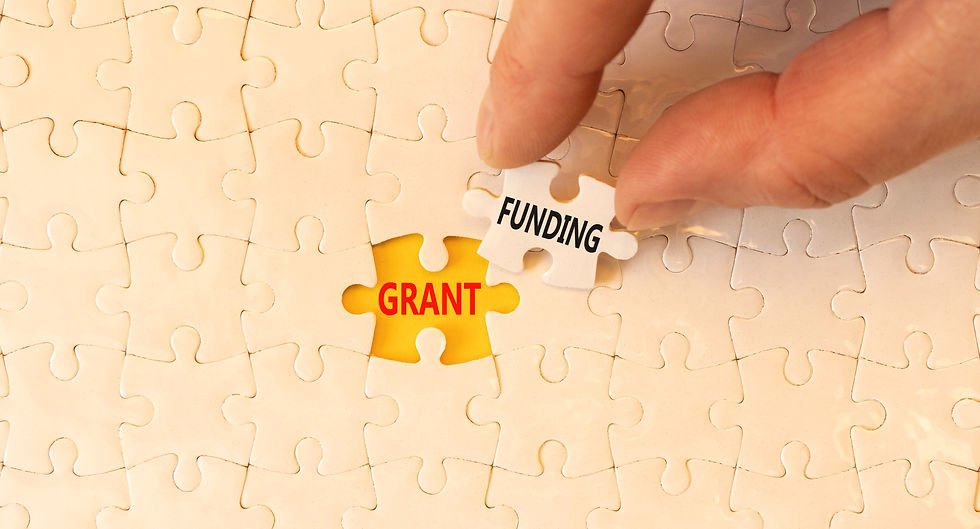We can overcome challenges related to mental health and substance use conditions.
- Noah Carpine
- Sep 4, 2024
- 3 min read

Navigating the path of mental health and substance use challenges can feel like a lonely journey. But remember, you're not alone.
Many people face similar struggles, and there's a wealth of resources available to help. It's about finding the right support and tools to overcome these challenges.
This article aims to provide hope and guidance. We'll explore the link between mental health and substance use, the importance of emotional resilience, and how to foster mental health awareness.
Together, we can overcome these challenges. Let's start this journey towards recovery and resilience.
Understanding the Link Between Mental Health challenges and Substance Use
Mental health and substance use often go hand in hand. This is known as dual diagnosis.
When someone struggles with both, it can make recovery more complex. But understanding this link is the first step towards healing.
With the right help and resources, it's possible to manage both conditions. It's about treating the whole person, not just the symptoms.
Recognizing the Signs: When to Seek Help
Recognizing the signs of mental health and substance use challenges is crucial. It's the first step towards getting help.
Signs can vary widely. They might include changes in behavior, mood swings, or withdrawal from loved ones.
If you or someone you know is showing these signs, it's important to seek help. Early intervention can make a big difference.
Remember, it's okay to ask for help. It's a sign of strength, not weakness.
Building Emotional Resilience for Recovery
Emotional resilience is key in overcoming mental health and substance use challenges. It's the ability to bounce back from adversity.
Building resilience doesn't happen overnight. It's a process that requires time and patience.
But with the right strategies, you can strengthen your emotional resilience. This can help you navigate the ups and downs of recovery.
Strategies to Foster Resilience
There are many ways to foster resilience. Here are a few strategies:
Practice self-care: This includes eating well, exercising regularly, and getting enough sleep.
Seek support: Connect with supportive friends, family, or a mental health professional.
Practice mindfulness: This can help you stay present and manage stress.
Remember, everyone's journey is unique. What works for one person might not work for another. It's all about finding what works best for you.
The Importance of Mental Health Awareness and Support Networks
Mental health awareness is crucial in overcoming substance use and mental health challenges. It helps reduce stigma and encourages open dialogue.
Support networks play a vital role too. They provide emotional support, understanding, and encouragement.
Remember, you're not alone. There are people who care and want to help.
How to Support a Loved One
Supporting a loved one facing these challenges can be tough. But your support can make a huge difference.
Listen without judgment, encourage them to seek help, and remind them that recovery is possible. Your love and support can be a beacon of hope.
Accessing Treatment: Finding the Right Help
Seeking help is a brave step towards recovery. There are many treatment options available, tailored to individual needs.
These include therapy, counseling, medication-assisted treatment, and support groups. Each plays a unique role in the recovery journey.
Remember, it's okay to ask for help. You're taking control of your life, and that's something to be proud of.
Celebrating Small Victories: The Journey to Recovery
Recovery is a journey, not a destination. Each step forward, no matter how small, is a victory worth celebrating.
Remember, progress is progress. Be proud of your strength and resilience. You're doing great!
Conclusion: A Call to Share and Solidify Community
Your story matters. Sharing it can inspire others and strengthen our community.
Remember, we're in this together. Let's continue to support each other and raise mental health awareness.




Comments